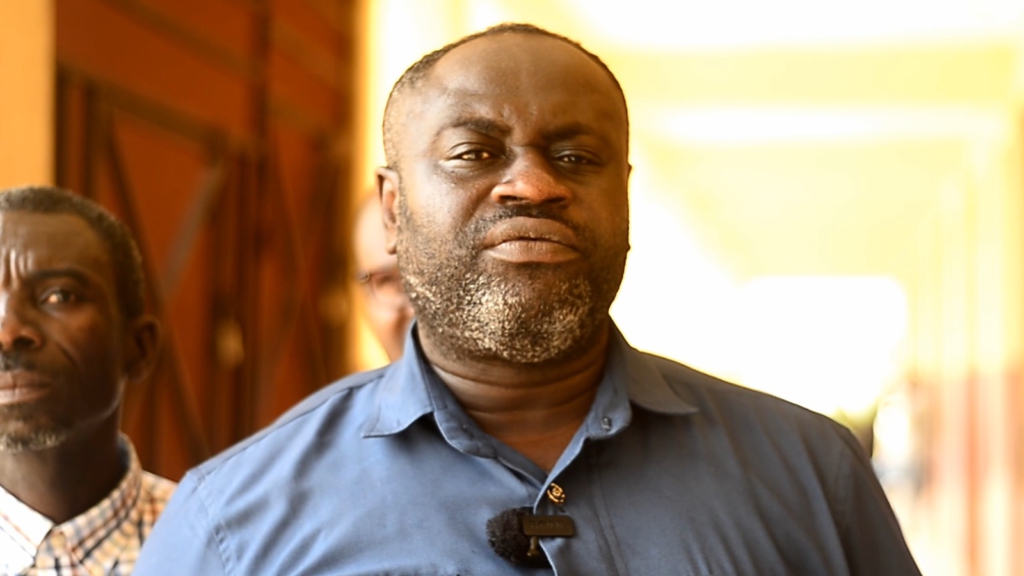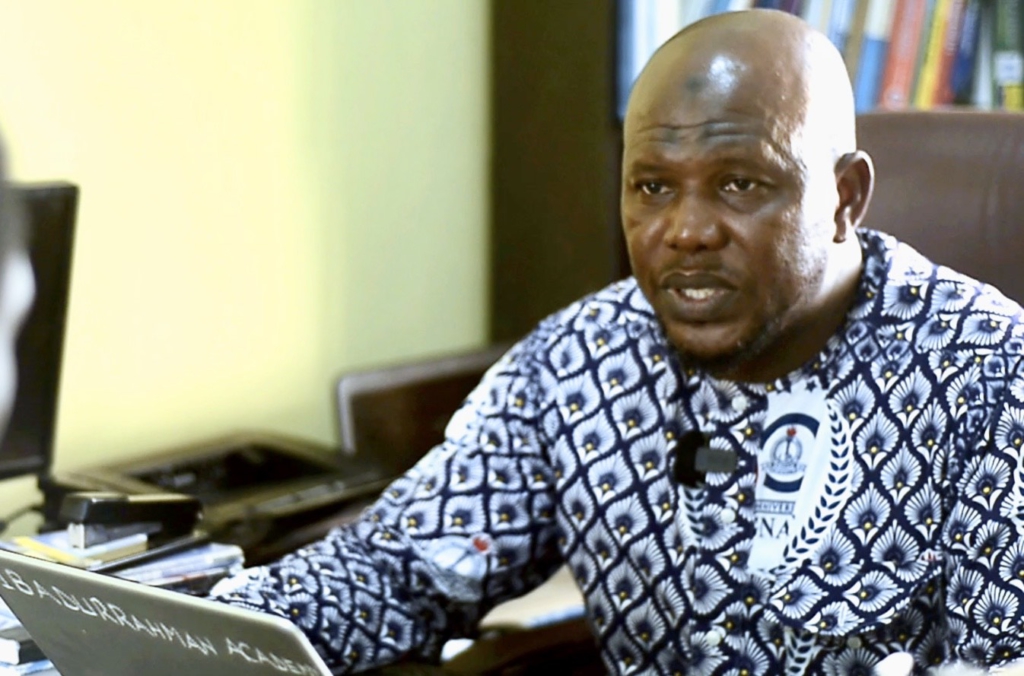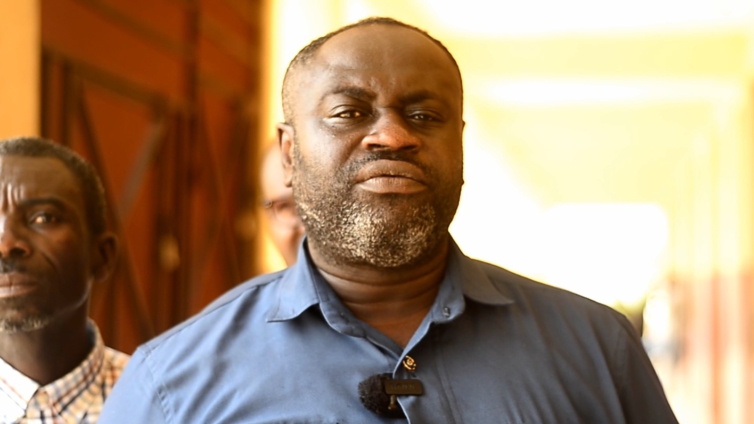
Audio By Carbonatix
Some parents in Kumasi say they have been compelled to withdraw their wards from private basic schools as the cost of education in those facilities has shot up.
The worried parents say moving their children to public schools has become inevitable due to the ballooning cost of tuition, feeding, transportation and stationery.
They believe it has become necessary to find an equally good but affordable education for their wards.
The prevailing economic crisis is having a toll on people’s pockets, including the educational choices of parents.
The cost of tuition, transportation, feeding and even stationery have seen an almost 200% increase.
This has affected intake in private schools, with some schools recording lower attendance.
“International schools are costly now. My ward at primary 4 is buying ten books at GHC45 and GHC60 each. All these are without other expenses like bus fees, canteen, and feeding. Considering all these, It's more economical for him to be at the government school where he will not pay anything,” a parent told LuvNews.
“The bills I received for my kids at a primary school are huge and I could not bear it. Their stationery alone costs over GHC2,000. So I have decided to enroll them in a public school,” another parent shared.
Admissions in private basic schools are decreasing.
But for some education officials, it is a positive gain as they commend government for its interventions to salvage the education in public schools.

Ashanti Regional Director of Education, Willie Kwame Amankra Appiah, says interventions like school feeding, no-school-fees are some pull factors for the quest for public education by parents.
“There are a lot of government interventions. The cost is there in private schools, but we have school feeding. So at the end of the day, it lessens the burden on parents. Some of the things are adding up for parents to bring their children to the government schools,” he said.

Educationist, Bashir Shuhu, however believes the situation may leave many private school owners bankrupt, render many unemployed and eventually collapse the private educational sector.
He is proposing the that government extends the free stationery initiatives to private schools and tax waivers for sustainability of the private education sector.
“If a school closes down, more than 10 people are losing their jobs. And the employer may not be able to recoup anything. Private schools exist to shoulder the responsibilities of the government, and the government must not renege on assisting these schools. At least give them books to fill their libraries to stop the stationery expenses of parents.
They pay taxes on every single teacher. Government can give them some waiver. And I'm sure they will bounce back,” he said.
Latest Stories
-
Leeds say boos during Ramadan pause ‘disappointing’
3 hours -
Premier League deletes Vicario social media post
3 hours -
Real Madrid beaten at home by Getafe for second successive loss
3 hours -
‘Clubs refused to look at me after my crash’ – Antonio on Qatar move
3 hours -
Mayweather to fight kickboxer before Pacquiao rematch
3 hours -
India and Canada reset ties with ‘landmark’ nuclear energy deal
3 hours -
Mahama should equally credit NPP for economic stability – Economist
3 hours -
Mbappe has knee sprain with no surgery planned
4 hours -
Interior Ministry releases funds to settle 2025 rent allowance arrears for security services
4 hours -
Ghana evacuates diplomatic staff from Iran; embassy shut indefinitely — Ablakwa
4 hours -
France to boost nuclear arsenal and extend deterrence to European allies
5 hours -
Chinese community in Ghana marks ‘Year of the Horse’ with grand new year festival
5 hours -
When regional instability becomes national risk: Ghanaian tomato traders killings
5 hours -
Photos: President Mahama meets Tanzania President Suluhu Hassan
5 hours -
Mahama calls for cessation of Iran-US-Israel conflict, urging return to dialogue
5 hours

